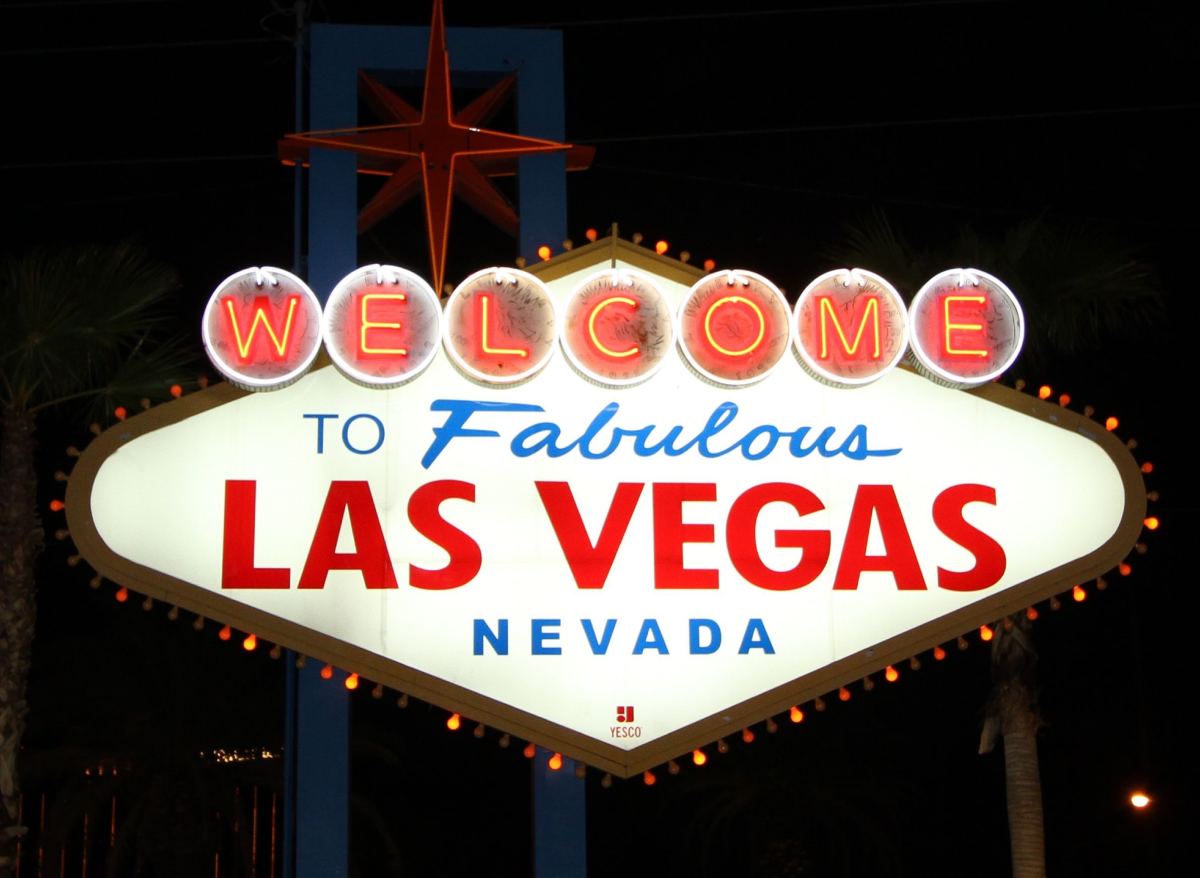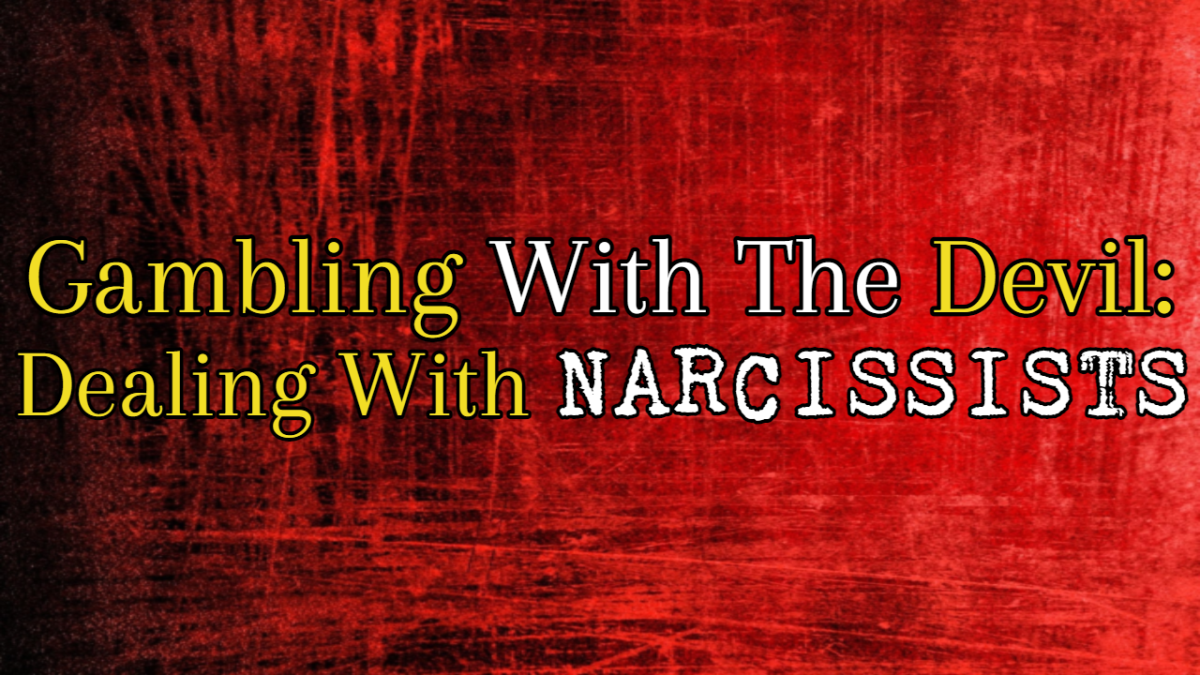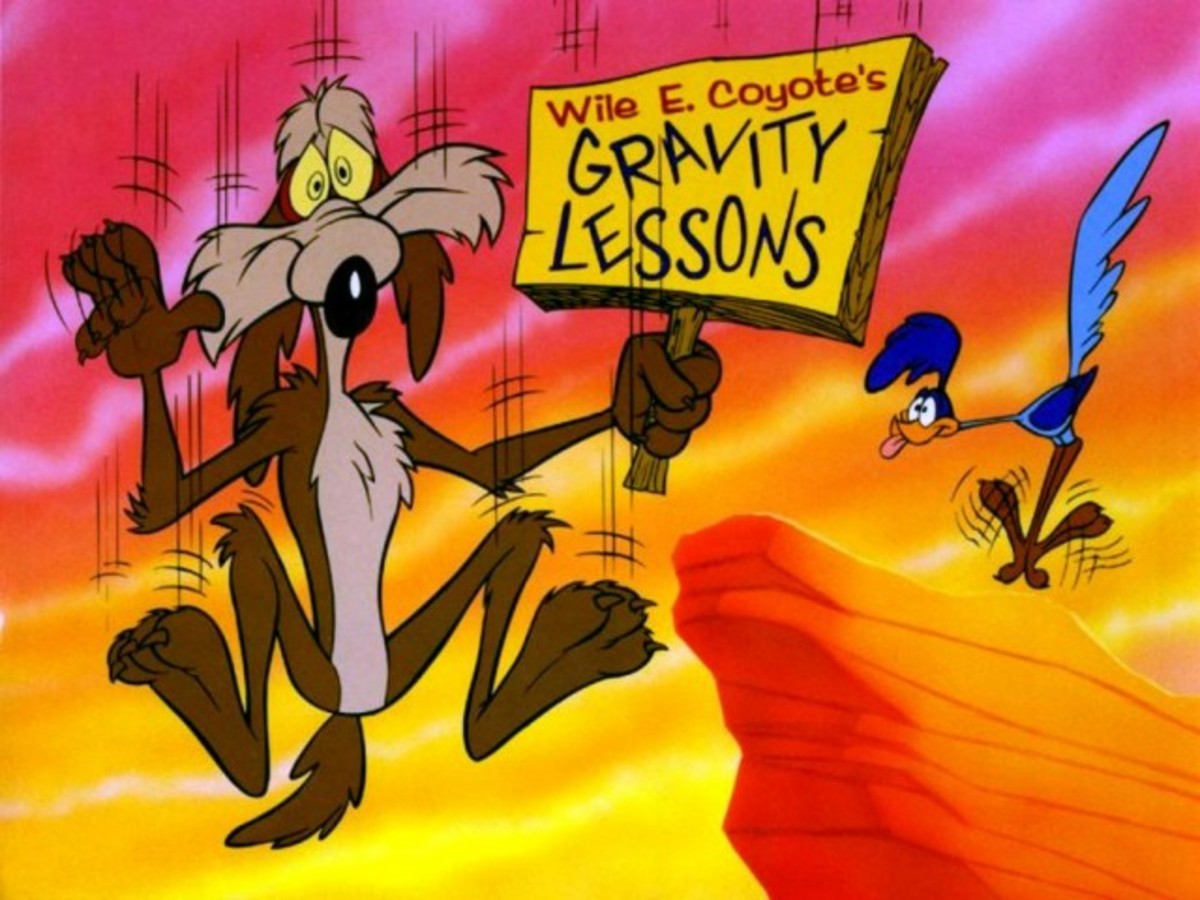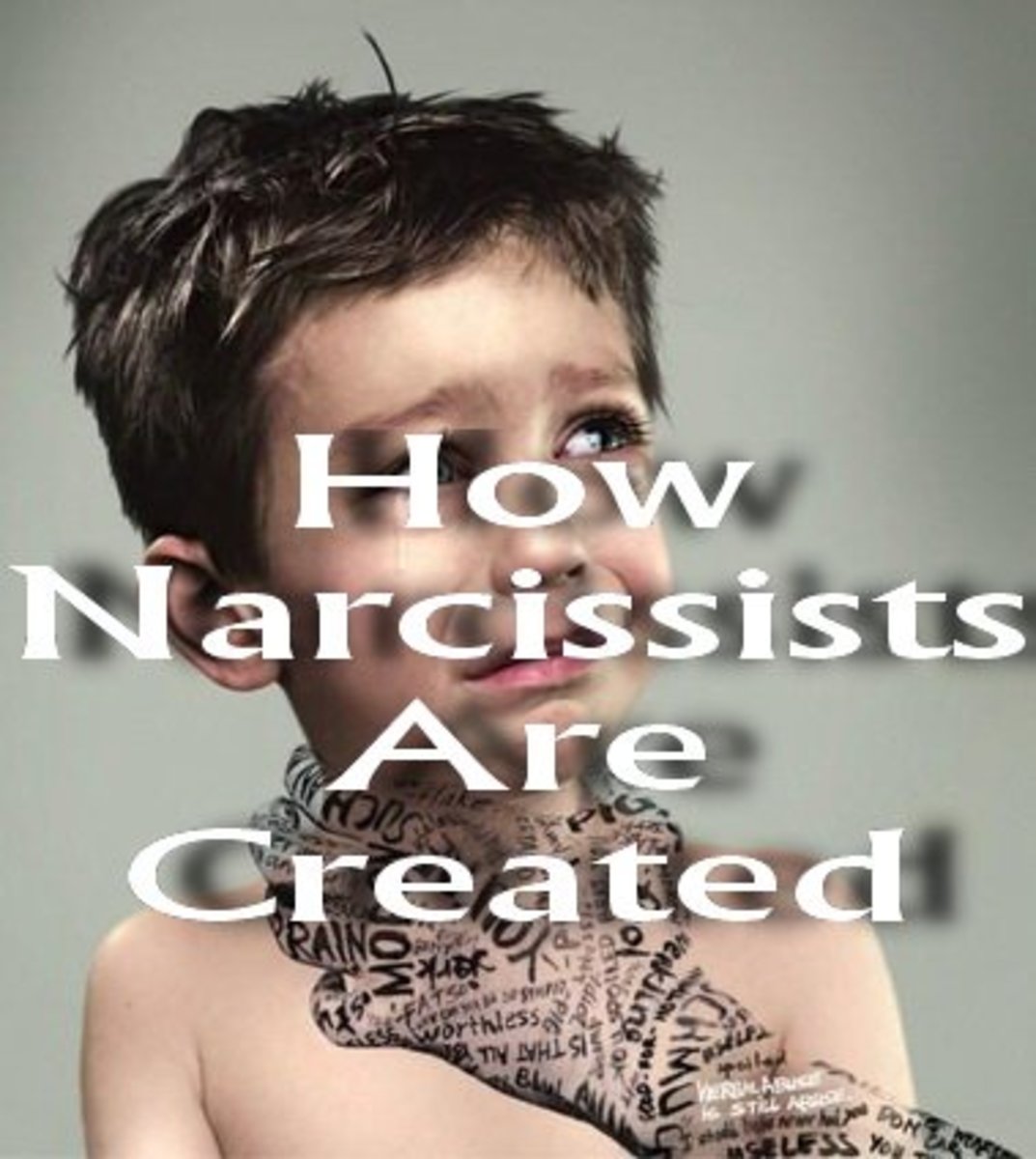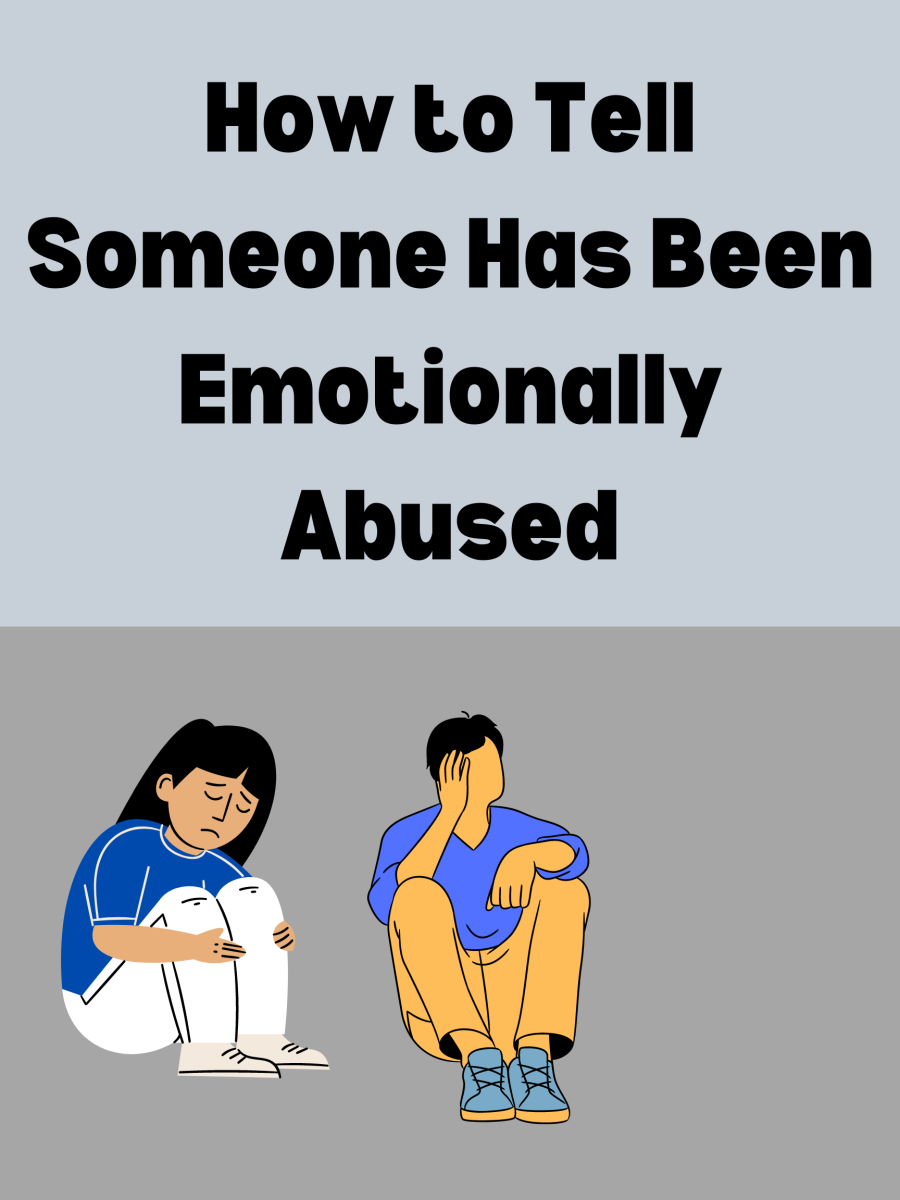How To Deal With Compulsive Gambling

Addiction On The Rise
According to a recent study on compulsive gambling conducted in Florida, online poker addiction is on the rise among college students ages 18-24. The study implicates the media's coverage of poker events such as the World Series of Poker (WSOP) as a major part of the problem.
One big winner was a 21-year-old kid that dropped out of college. What began as a way to pass time between classes turned into a full blown gambling addiction. The report added college kids are twice as likely to become compulsive gamblers as adults. Also many WSOP poker events have young celebrities that appeal to college students.
Gambling addiction, also known as compulsive gambling, is an impulse control disorder. Compulsive gamblers can’t control their impulse to gamble. It can lead people to do things like stealing money or using money meant for household expenses to gamble. But compulsive gambling is treatable.
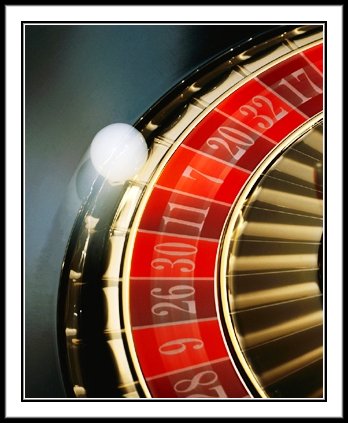
A Hidden Illness
The problem is sometimes referred to as a hidden illness because there are no blatant physical signs like in drug or alcohol addiction. Compulsive gamblers keep gambling whether they’re broke, flush, happy or depressed.
However, gamblers can have a problem without being totally out of control. Problem gambling is defined as gambling behavior that causes problems. Being obsessed with gambling, spending more time and money at it or gambling in spite of severe consequences, are indications of a serious gambling problem.
Someone may have a gambling problem if they gamble in secret or lie about it. As in alcohol addiction, denial is a big problem. If friends and family are worried, a hard look at how gambling is affecting ones’ life is needed.
To solve the problem of compulsive gambling we need to know first what makes a person prone to this addiction. Stress, depression, loneliness and anxiety are feelings which can trigger someone to become a compulsive gambler.
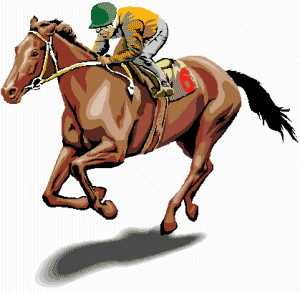
Better Ways To Relax
After a stressful day, time at a race track or casino can seem like a good way to relax. But, there are better, less expensive ways to do that. Find permanent, alternate ways to handle these feelings without gambling. Because, even once a person stops gambling the same feelings that prompted them to gamble are still present.
Problem gamblers often deny or minimize the problem. They will go to great lengths to hide their gambling and often withdraw from their families, sneak around, and lie about their gambling activities.

Behavioral Therapy
Behavioral therapy for problem gamblers is one way that attempts to alter unhealthy gambling behaviors and thoughts. It focuses on gambling urges, coping with emotions and solving financial, work, and relationship problems. The goal is to get afflicted persons to view gambling in a new light.
Quitting is easy. It’s making a permanent commitment to stay away from it is where the real work comes in. Seeking help doesn’t mean someone is weak. Therapy is for those smart enough to realize they have a problem.
Staying in recovery is possible by associating with likeminded people and being accountable to someone else. Avoiding places catering to gamblers is a must. Find other exciting activities instead. It may even be necessary to give up control of one’s finances for a while.
Gamblers Anonymous is a twelve-step recovery program similar in practice to Alcoholics Anonymous. An important part of their 12-step program is choosing asponsor. This is a recovered gambler who can provide guidance and support. For advice or treatment, people can also call the National Council on Problem Gambling’s confidential hotline at 1-800-522-4700.
Maintaining recovery isn’t easy. There are four things needed for problem gambling to continue: A decision, money, time and a game. Before gambling starts, a decision to gamble has already been made. Stop and call someone for help immediately.
People can’t gamble without money. Get rid of any credit cards and let someone more responsible handle the finances.
If a person has no time, gambling can’t start. So, schedule recreational time having nothing to do with gambling. And without a game to bet on there is no opportunity to gamble. Avoid gambling locations. Inform gambling establishments to ban your access to their casinos and establishments.
Maintaining recovery depends on why people began gambling. Once the decision to quit is made, reasons such as depression, loneliness, or boredom may still be present. So, to maintain recovery, these problems must be addressed. Addicts may fall off the wagon, so to speak. But continue working towards recovery. Eventually you can succeed.
Compulsive gamblers often need support from family and friends to help them. However, the decision to quit has to be theirs. A person can’t force someone else to stop.
If a family member or someone you know has a gambling problem, there are things you can do to help. There are also things you shouldn’t do that might enable them to continue. Don’t cover up for them or spend a lot of time trying to keep them from gambling.
The addicted person may also have borrowed or even stolen money from you. They may have sold family property or charged huge amounts on joint credit cards. A compulsive gambler, when confronted with the seriousness of what they have done, may have a major loss of self esteem. This could be a reason why compulsive gamblers suffer such a high rate of suicide.
When gamblers are feeling depressed or hopeless, risk of suicide becomes a possibility. It’s important to take any thoughts or talk of suicide seriously. If you or someone you care about is suicidal, call the National Suicide Prevention Lifeline at 1-800-273-TALK.
Problem gamblers are often good at requesting money. They may plead, manipulate or even threaten to get it. Don’t try to handle the situation alone. Seek support from others with similar problems by attending a self-help group for families such as Gam Anon.
If after knowing a little about the problem you decide to provide some assistance there are other things you must avoid. But first you need to protect yourself, emotionally as well as financially. Don’t blame yourself for their problems, even if they do.
Keep in mind preaching, lecturing or losing your temper won’t help. Try to avoid threats or giving ultimatums. It’s also a good idea not to exclude a problem gambler from family activities or expect immediate results. And most important, don’t bail them out financially. They must become responsible for their actions.



